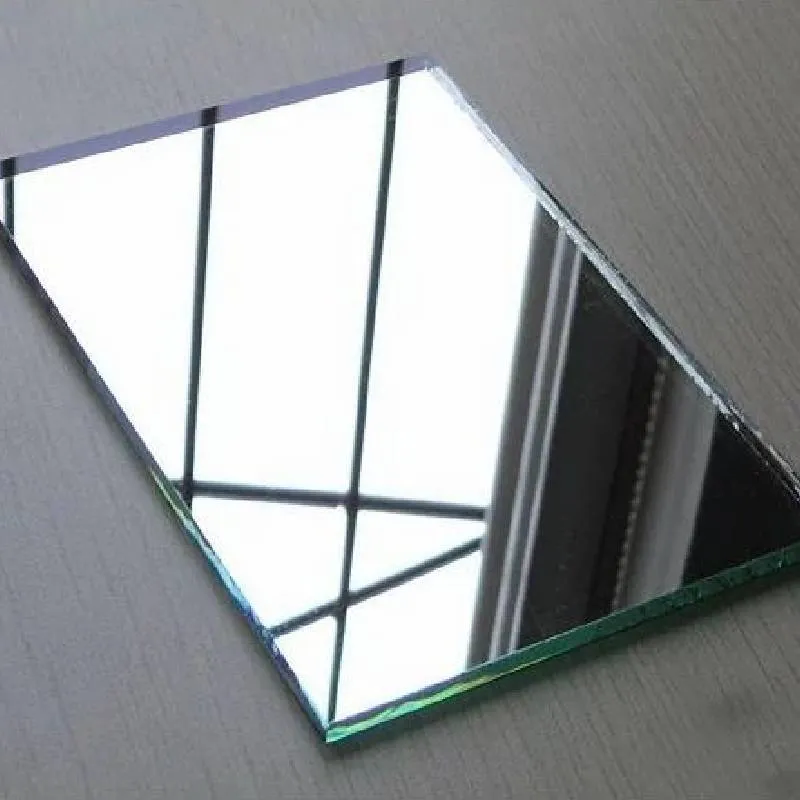

Understanding 12mm Tempered Glass Properties, Applications, and Benefits
Tempered glass, also known as toughened glass, is a type of safety glass that has been treated by controlled thermal processes to increase its strength compared to standard glass. Among the various thicknesses available, 12mm tempered glass stands out for its unique combination of durability, aesthetics, and versatility. In this article, we will explore the properties, applications, and benefits of 12mm tempered glass, making it a popular choice in various industries.
Properties of 12mm Tempered Glass
One of the most significant attributes of 12mm tempered glass is its strength. During the tempering process, the glass is heated to a temperature of over 600 degrees Celsius and then rapidly cooled. This process creates compressive stress on the surface and tensile stress within the glass, resulting in a product that is much stronger than untreated glass. Specifically, it can withstand extreme impact and is nearly five to six times stronger than standard glass of equal thickness.
Another essential property of tempered glass is its thermal resistance. It can endure temperature fluctuations and extreme temperatures without breaking. This aspect makes 12mm tempered glass an ideal choice for environments where temperature changes are common, such as in commercial kitchens or areas exposed to direct sunlight.
Moreover, tempered glass is manufactured to break into small, blunt pieces rather than sharp shards, reducing the risk of injury in case of breakage. This safety feature is one of the primary reasons for its widespread use in both residential and commercial applications.
Applications of 12mm Tempered Glass
The versatility of 12mm tempered glass allows it to be used across various sectors
. In residential settings, it is commonly used for shower enclosures, patio doors, and large windows. Homeowners appreciate its sleek appearance and the added safety it provides, making it an excellent choice for both aesthetic and functional purposes.
In commercial and industrial applications, 12mm tempered glass is often utilized in glass facades, office partitions, and storefronts. Its strength and durability make it suitable for high-traffic areas, where durability is essential. It is also extensively used in the automotive industry—windshields and windows are frequently made from tempered glass due to their ability to withstand high pressure and impact.
The architectural sector also employs 12mm tempered glass for balconies, staircases, and skylights, combining safety with modern design. The clarity and aesthetics of tempered glass can elevate the overall look of a building while ensuring that safety is not compromised.
Benefits of 12mm Tempered Glass
One of the key benefits of using 12mm tempered glass is its high strength-to-weight ratio. Despite its sturdiness, it is relatively lightweight, making it easier to handle and install. This feature can lead to reduced construction costs and faster project completion times.
Another advantage is its resistance to environmental factors. 12mm tempered glass is resistant to UV rays, which helps prevent the fading of interior furnishings and carpets. Its low maintenance requirements and ease of cleaning make it a popular choice for busy environments.
Additionally, tempered glass can be coated with various treatments to enhance its properties further—such as anti-reflective coatings, coatings for UV protection, or even self-cleaning technologies. These options provide additional benefits for specific applications, enhancing the glass's usability and longevity.
Conclusion
In summary, 12mm tempered glass is a remarkable material that offers a blend of strength, safety, and aesthetic appeal. Its various properties make it suitable for a wide range of applications, from residential to commercial and industrial settings. The numerous benefits, including its durability, thermal resistance, and safety characteristics, make it an ideal choice for architects, builders, and homeowners alike. As technology advances and design aesthetics continue to evolve, the role of tempered glass, particularly the 12mm variant, will undoubtedly remain significant in future constructions and renovations.